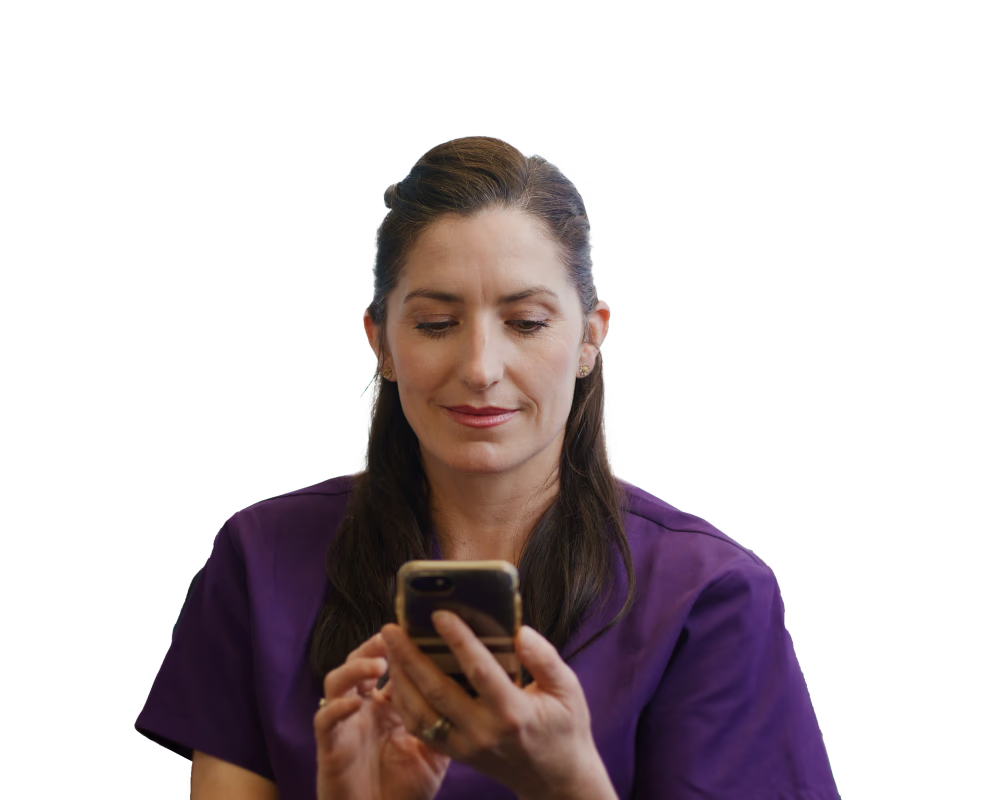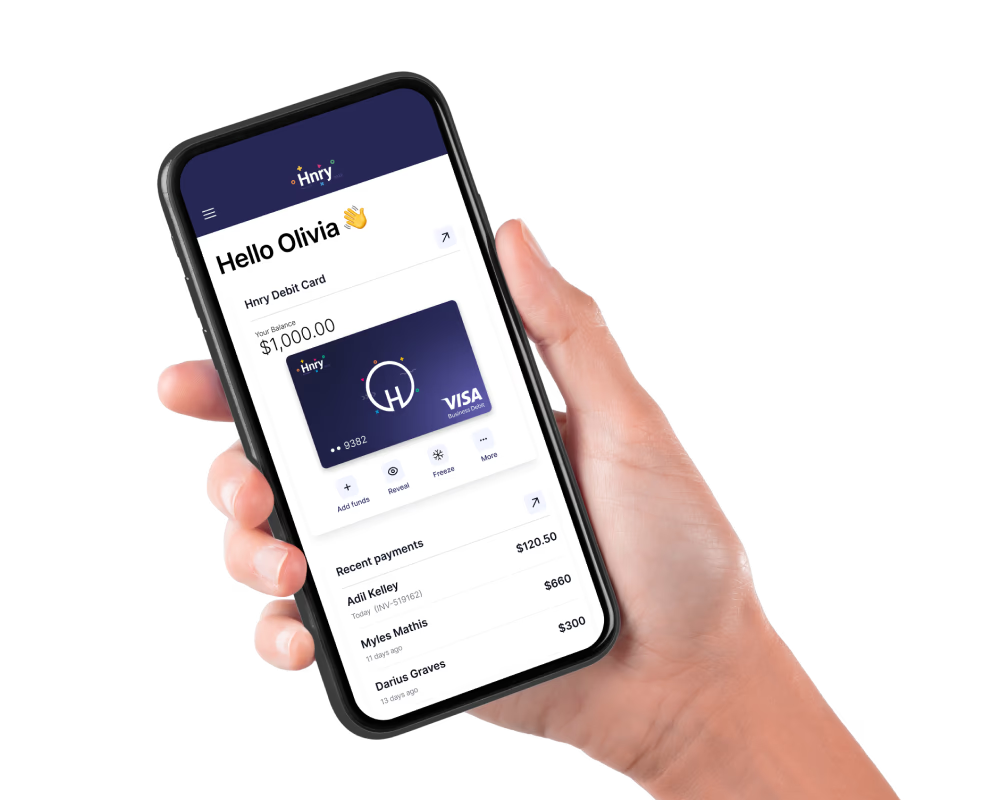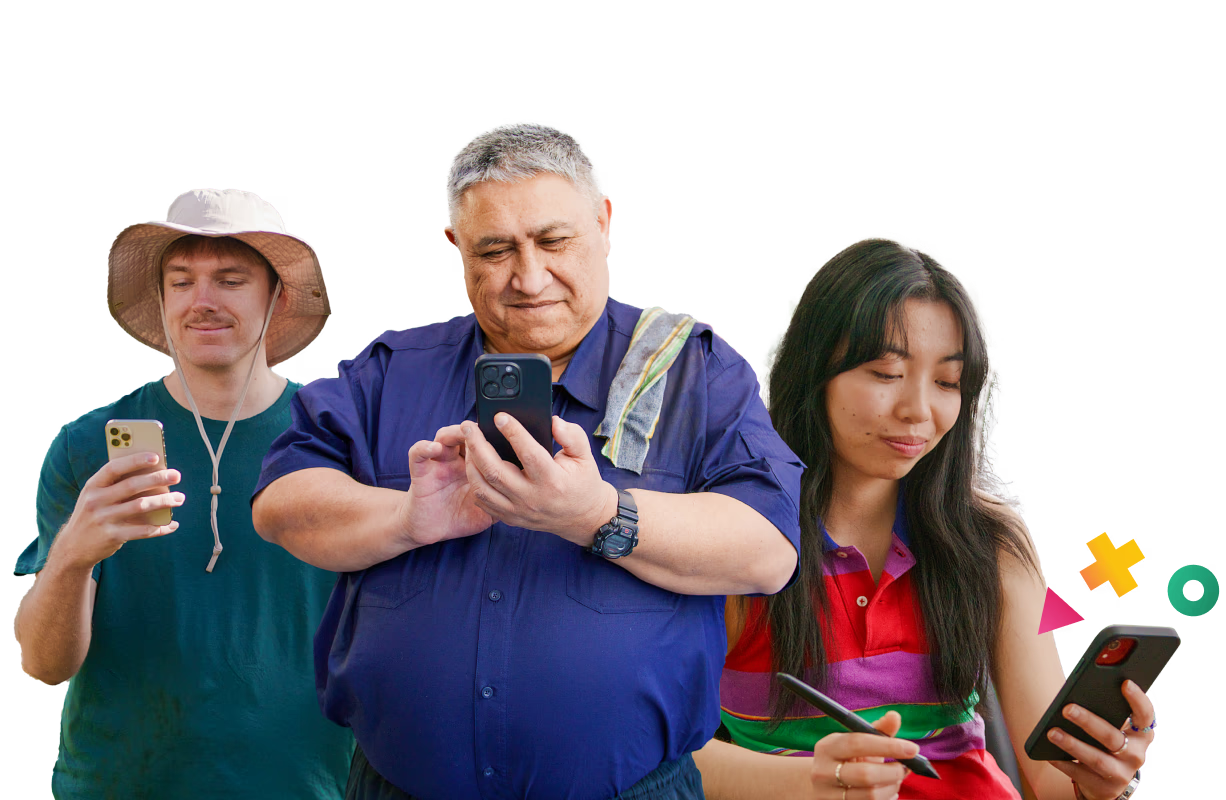Let’s be honest – claiming tax deductions isn’t always straightforward.
We’re dealing with a system that’s (necessarily!) complex, which means you may be claiming things you’re not entitled to, or potentially missing out on actual legitimate claims.
The good news is the ATO has given us three golden rules to work with. If your business expense ticks all these boxes, you’re likely in the clear:
- You must have spent the money yourself, and weren’t reimbursed
- The expenses must directly relate to earning your income.
- You must have a record to prove it (usually a receipt).
A couple of other important things to be across:
- If you have a client who reimburses you for an expense, it’s no longer claimable.
- The exception is allowances. If you receive a taxable allowance for an expense (eg. travel), and you spend money on travel, you can claim what you spend as an expense.
- If an expense is for business and personal use, you can only claim the business usage of it.
Whether you’re doing home visits as a nurse, running your own clinic, or picking up shifts across different practices, this guide will help you figure out what you can actually claim without the usual tax-time panic. Think of it as your cheat sheet for getting your deductions sorted.
Key:
- ✅ - straightforward and claimable
- ⚠️ - claimable if certain conditions are met
- ❌ - not claimable at all. Sorry folks.
Can claim:
- Professional fees and insurance ✅
- Protective items ✅
- Tools and equipment ✅
- Phone and internet expenses ✅
- Travel expenses ✅
- Office rent ✅
- Working from home expenses ✅
- Seminars, conferences, and training courses ✅
Might be able to claim:
Can’t claim:
1. Professional registration fees and insurance ✅
All those professional fees that seem to multiply every year? They’re actually tax deductible – every single one of them.
We’re talking about:
- Annual registration and practising certificate fees
- Professional association memberships
- Background checks and clearances
- Union membership
Don’t let any of these claims slip through the cracks – they add up to real money back in your pocket.
2. Protective gear and safety equipment ✅
The safety gear that’s become part of your daily uniform is absolutely claimable! This includes things like:
- Disposable gloves
- Hand sanitiser and disinfectants
- Masks and other PPE
- Safety equipment specific to your role
Just remember – if your workplace covers these costs, you can’t double-dip and claim them too.
3. Equipment and tools of the trade ✅
Pretty much any equipment you need to do your job properly is fair game for deductions. Think medical equipment, diagnostic tools, even mobility aids for your practice space.
The golden rule here: if you use something for both work and personal life, you can only claim the work percentage.
4. Phone and internet costs ✅
Your phone and internet are basically work essentials these days, so you can claim the work-related cost of:
- Your phone itself
- Your monthly plan and data costs
- Home internet expenses
You’ll need to calculate what percentage of these you actually use for work – be honest, but don’t short-change yourself either.
5. Travel expenses ✅
Heading out of town for work? Your overnight trip costs are claimable!
Even if you get a travel allowance that counts as taxable income, you can still claim your actual expenses as long as you can show:
- You stayed overnight somewhere
- You actually spent the money
- The trip was directly work-related
- How you calculated your claim
Keep those receipts handy – the ATO loves a good paper trail.
6. Office rent ✅
If you’re renting a dedicated office space for your practice, brilliant! Your rent is entirely tax deductible.
7. Working from home ✅
Similarly, if you’re running telehealth sessions or doing admin from your spare room, you might be able to claim some home office costs – but only the extra costs that come from running your business, and only if you have an area set aside that has the character of a ‘place of business’.
Basically, if you have a proper home office that’s genuinely set up as a business space, you can claim a percentage of your rent or mortgage based on how much of your home it takes up.
But here’s the catch – if you also use that space for personal stuff (like as a guest room for when your mother-in-law comes to stay), you can’t claim occupancy expenses anymore.
The rules around this can get pretty complex, so it’s worth checking the ATO website for the full rundown before you dive in.
8. Seminars, conferences, and training courses ✅
Heading to a conference or training session that’ll boost your skills? All those costs are claimable – registration fees, travel, accommodation, even your meals if you’re away overnight. Score!
The catch is that the whole trip needs to be genuinely work-focused. You can’t tack a weekend in the Gold Coast onto a conference in Sydney and claim the lot (nice try though). In those cases, stick to claiming the direct work costs like registration and accommodation.
9. Self-education and study ⚠️
If you’re studying to level up in your current role, any related course fees are definitely claimable, as long as the education either:
- Keeps your existing skills sharp or teaches you new ones for your current job, or
- Has a realistic chance of boosting your income in your current position.
What you can’t claim is study that’s aimed at switching careers entirely, or courses that are only loosely connected to what you do. That mindfulness course might be great for you personally, but the ATO won’t see it as work-related.
10. Work clothes and laundry ⚠️
This one’s tricky. The ATO only lets you claim:
- Uniforms with company logos or branding
- Job-specific clothing (like scrubs or hi-vis gear)
- Costumes for specialized roles
Regular clothes don’t count, even if you only wear them to work. If it could reasonably pass for weekend wear, you’re out of luck.
If your work clothes are claimable, you can also claim:
- Dry cleaning and repairs
- $1 per washing load if it’s all work clothes
- 50 cents per load for mixed loads
Claiming under $150 in total for laundry? You won’t need receipts, but you do need to show how you worked out your costs.
11. Car expenses ⚠️
This is where it gets specific – and a bit frustrating:
❌ Can’t claim:
- Your regular commute to a fixed workspace (including if you work weird hours)
- Tolls for driving to your regular workplace
- Parking at or near your regular workplace
- Any taxi or Uber fares for your normal commute
✅ Can claim:
- Driving between different client locations during the day
- Travel between multiple work sites for the same client
- Tolls and parking fees for work-related trips
- Travel between different job sites, provided they’re not your regular fixed workplace
Basically, if it’s your regular journey to and from work, it’s personal. If it’s additional travel because of work requirements, it’s likely claimable.
📖 For more information, check out our guide to claiming motor vehicle expenses.
12. Special licenses ⚠️
Your regular driver’s license renewal? Nope. But any additional licenses you need specifically for work – like a heavy vehicle permit or patient transport license – those are claimable.
13. Meals ⚠️
We all need to eat, especially while we work. But the ATO rules are pretty specific about when you can claim costs.
- ❌ You can’t claim your regular lunch, coffee, or snacks during normal work hours. The ATO considers these personal expenses.
- ✅ You can claim meals if you’re working late and receive an overtime meal allowance from a client that’s included in your taxable income.
- ✅ You can also claim meals when you’re travelling overnight for work.
Basically, if it’s just your regular fuel to get through the day, it’s on you. But if it’s genuinely an extra cost because of specific work circumstances, it might be claimable.
14. Childcare ❌
We know it’s rough, but childcare is always considered personal – never claimable, even when you literally can’t work without it (sorry!).
15. Work social events ❌
Work drinks, networking events, and “mandatory” practice social functions aren’t claimable. The ATO sees them as personal expenses, regardless of how work-related they feel.
16. Glasses and vision ❌
Whether it’s prescription glasses, contact lenses, or even laser eye surgery – the ATO considers these personal expenses, regardless of whether or not you’re practically blind without them.
It doesn’t matter how essential they are for reading patient charts or doing detailed work – vision correction is always personal in the ATO’s book.
17. Personal grooming ❌
Your workplace might expect you to look polished and professional 24/7, but the ATO isn’t budging on this one. Haircuts, skincare, makeup, and any other grooming expenses are considered personal costs.
Even if maintaining your appearance is practically a job requirement, these expenses don’t make the deduction cut.
Claim tax deductions with Hnry
We may be biased, but we reckon the best way for freelancers to maximise tax deductions (cost-effectively and legally!) is to use Hnry.
Hnry is an award-winning app that’s helping freelancers of every industry spend less time on financial admin, and more time doing what they love (unless what they love is financial admin).
For just 1% +GST of your self-employed income, capped at $1,500 +GST a year, Hnry will calculate and pay all your taxes, levies and whatnot for you, including:
We also prepare and lodge your tax return for you, including claiming any tax relief you might be entitled to. It’s all part of the service!
More importantly, we free up thousands of hours for you to focus more on what you do best – your job. Hnry is on a mission to make being a freelancer simple, affordable, and accessible for anyone.
Get your tax ducks (and deductions) in a row by joining Hnry today!
Share on:



